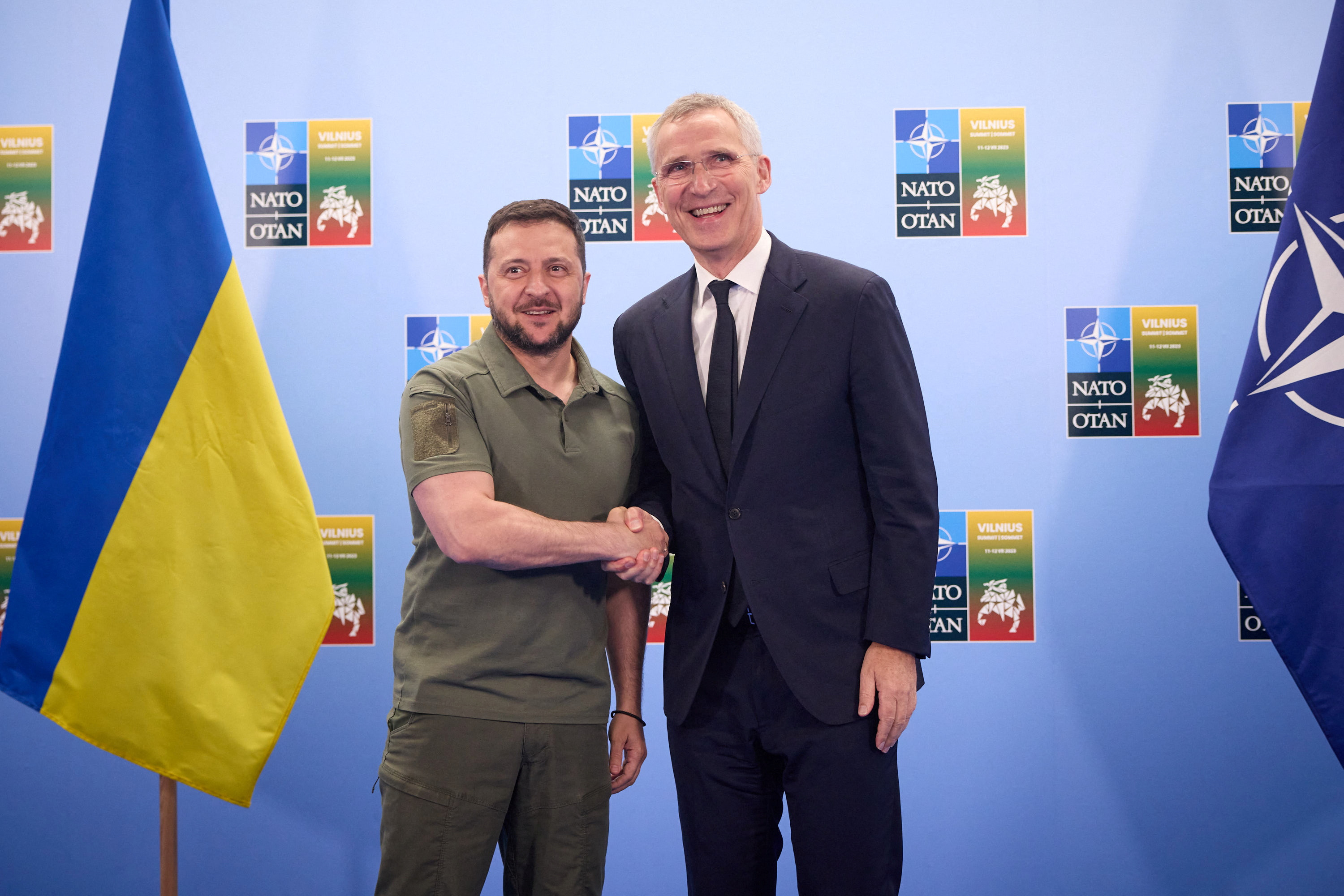Geopolitical Implications: Nato Summit

The NATO summit is a crucial geopolitical event that will have far-reaching implications for global alliances, partnerships, and regional and international security.
The summit will focus on strengthening NATO’s collective defense capabilities, addressing new security challenges, and reinforcing the alliance’s commitment to its members. It will also provide an opportunity for NATO leaders to consult on current and future security issues and to coordinate their responses to evolving threats.
Impact on Global Alliances and Partnerships
The NATO summit is expected to reaffirm the alliance’s commitment to its partnerships with other countries and organizations, including the European Union, the United Nations, and the Organization for Security and Co-operation in Europe (OSCE). The summit will also provide an opportunity for NATO to strengthen its cooperation with partner countries in the Asia-Pacific region, the Middle East, and North Africa.
Potential Consequences for Regional and International Security
The NATO summit is expected to have a significant impact on regional and international security. The summit will send a strong message of unity and resolve to potential adversaries, and it will help to deter aggression and promote stability in Europe and beyond.
Amidst the heightened tensions surrounding the NATO summit, prominent journalist George Stephanopoulos has emerged as a key figure in providing insightful analysis. His incisive commentary has illuminated the complexities of the ongoing discussions, shedding light on the strategic implications and potential outcomes of this crucial meeting.
Defense and Security Commitments

At the summit, NATO members reaffirmed their commitment to collective defense and security. They agreed to increase defense spending, strengthen their military capabilities, and enhance their cooperation on cybersecurity and other security challenges. These commitments reflect the growing threats facing the alliance, including Russia’s aggression in Ukraine and the rise of terrorism.
Increased Defense Spending
NATO members agreed to increase their defense spending to 2% of their GDP by 2024. This is a significant increase from the current average of 1.6%. The United States, which is already the largest contributor to NATO, pledged to increase its defense spending to 3.4% of its GDP. This increase in spending will allow NATO members to modernize their militaries, purchase new equipment, and increase their readiness.
Strengthened Military Capabilities
NATO members also agreed to strengthen their military capabilities. They will do this by investing in new technologies, such as artificial intelligence and cyber defense, and by increasing their training and exercises. They will also work to improve their interoperability, so that they can work together more effectively.
Enhanced Cooperation on Cybersecurity
NATO members recognized that cybersecurity is a growing threat to their security. They agreed to enhance their cooperation on cybersecurity, including by sharing information and developing joint strategies. They will also work to strengthen their defenses against cyberattacks.
The defense and security commitments made at the summit are a significant step forward for NATO. They will help the alliance to meet the challenges of the 21st century and ensure the security of its members.
Challenges and Opportunities
Implementing these commitments will not be without challenges. NATO members will need to find ways to increase their defense spending without sacrificing other important priorities. They will also need to work together to develop and implement new technologies and strategies.
However, these challenges also present opportunities. By working together, NATO members can strengthen their defenses and make the alliance more effective. They can also use their collective strength to promote peace and stability in the world.
Transatlantic Cooperation

The NATO summit plays a crucial role in strengthening transatlantic cooperation, fostering a partnership between North America and Europe. This cooperation is vital for addressing global security challenges, promoting democratic values, and ensuring stability. NATO and its partners collaborate in various areas, including:
Defense and Security, Nato summit
NATO’s primary mission is collective defense, ensuring the security of its member states. The summit provides a platform for discussing and coordinating defense strategies, modernizing military capabilities, and responding to emerging threats.
Political and Diplomatic Cooperation
Beyond military matters, NATO engages in political and diplomatic cooperation. The summit facilitates dialogue and consensus-building on global issues, promoting democratic governance, human rights, and the rule of law.
Cybersecurity
NATO recognizes the growing importance of cybersecurity and collaborates to enhance its members’ resilience against cyberattacks. The summit addresses issues such as information sharing, threat detection, and response mechanisms.
Challenges and Prospects
While transatlantic cooperation is strong, it faces challenges. Differing perspectives on issues, geopolitical shifts, and economic pressures can strain the partnership. However, the summit provides a space for addressing these challenges and finding common ground.
Prospects for future transatlantic cooperation remain positive. The summit reinforces the commitment to shared values, collective security, and a rules-based international order. By continuing to strengthen its partnership, NATO and its partners can effectively address future global challenges and maintain peace and stability.